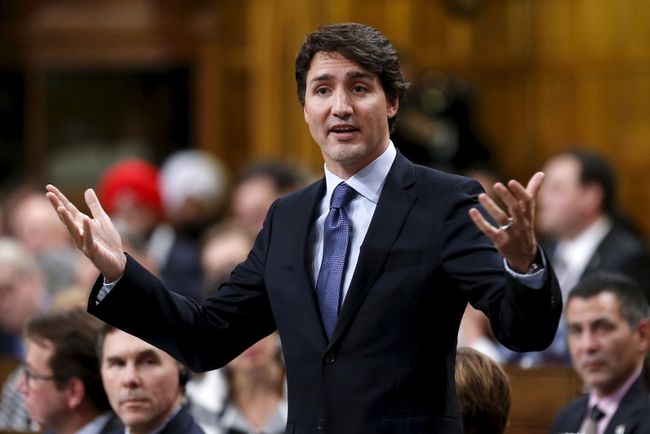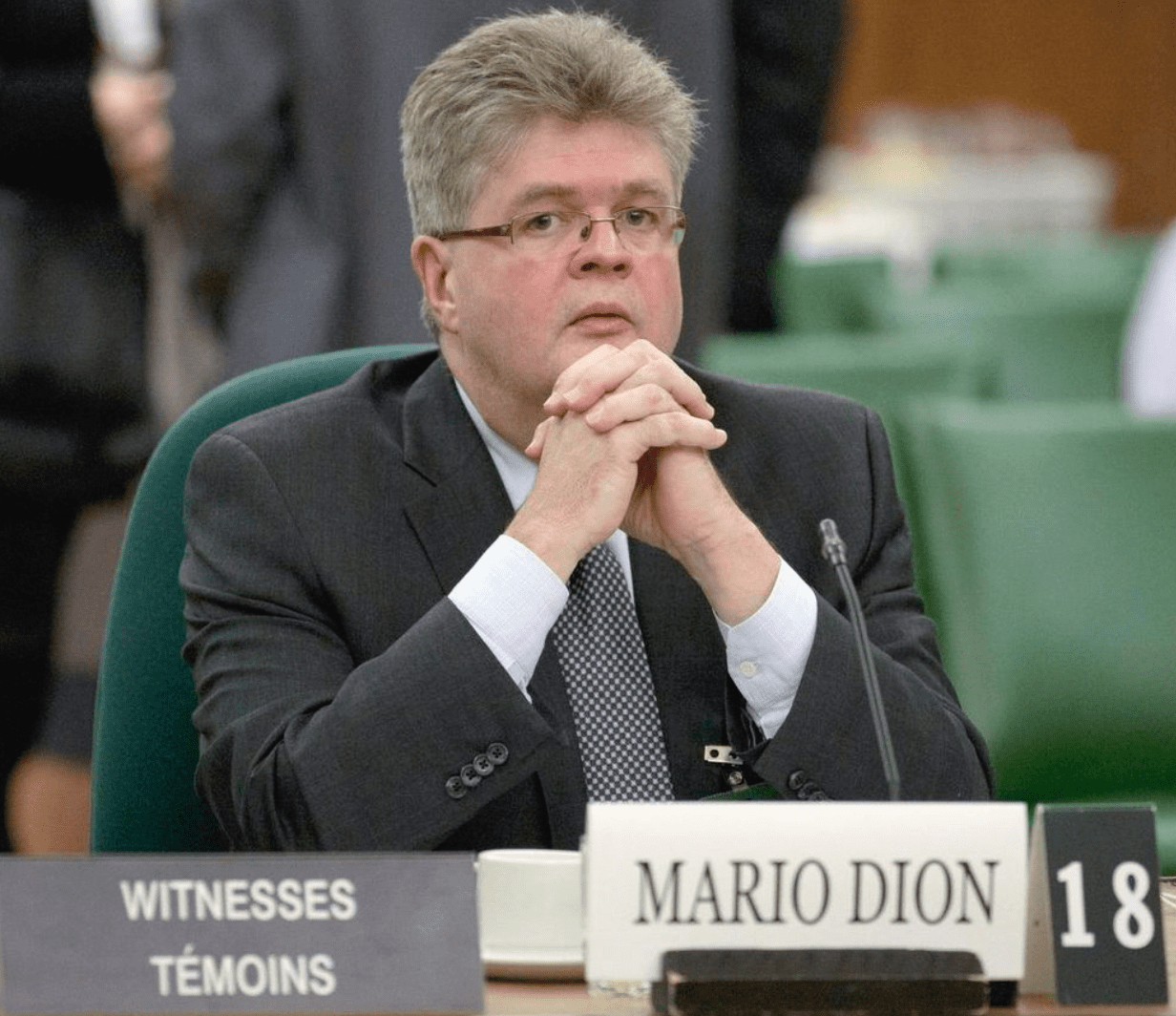When I reviewed John Ivison's Trudeau: The Education of a Prime Minister two weeks ago, I found that its biggest deficiency was its lack of novelty. Most everything in it was fairly common knowledge to political observers, told in a perfectly linear manner with a special focus on Prime Minister Justin Trudeau's weak points. It was the non-fiction equivalent of a Steven Spielberg movie: competent, yet aggressively traditional.
Well, I should learn to be careful what I wish for. With Promise and Peril: Justin Trudeau in Power, CBC's Aaron Wherry decided to write the non-fiction equivalent of a Quentin Tarantino movie, careening between events and perspectives while injecting a little too much of himself. Turns out that approach works less well for a mildly sarcastic apologia than it does for a blood-soaked revenge fantasy.
This book is exhausting. Chapter 1 begins in June 2018 at the G7 summit in Charlevoix, Quebec. In Chapter 2, we are suddenly at the Liberal leadership contest in 2012, when Trudeau first formed a triad with advisors Gerald Butts and Katie Telford. In Chapter 3, we go to 2017 for one of many speeches about "the middle class, and those working hard to join it," followed by an endless summary of income inequality worldwide and in the United States. Each chapter explores multiple issues connected by theme, in no particular order. You will find yourself thinking "Oh, we're talking about this now?" a lot.
The quality of Wherry's writing is a problem; however, what really matters is what he's using it to say. Ivison's Trudeau and Wherry's Trudeau are mostly the same man: ambitious but ineffective, unwilling to rein in or even recognize his own bad habits, at the mercy of events at home and abroad despite his best intentions. But Wherry takes a lighter hand with the PM's role in his own story. Events such as the Jaspal Atwal scandal and the Meng Wanzhou arrest glossed over, with National Security Advisor Daniel Jean and ex-ambassador to China John McCallum, respectively, getting the bulk of the censure over how these cases were handled. Trudeau, who agreed to be interviewed for the book and is quoted extensively on other matters, offers no reflection on either, creating the perception that Wherry crafted a more favorable image of his subject on purpose.
Even Wherry's criticisms of Trudeau line up suspiciously well with Trudeau's self-criticisms. In Chapter 7, which covers electoral reform, he pillories the PM for not arguing in favour of ranked ballots, his preferred alternative to first-past-the-post, as boldly as he argued in favour of marijuana legalization and carbon pricing. "If I had to do it again," Trudeau confesses, "I would've been making an aggressive case for preferential ballot." His real mistake, according to Promise and Peril, was second-guessing himself.
Wherry is much happier to find reasons to attack former Justice Minister Jody Wilson-Raybould. Over several far-flung chapters, he tries to demonstrate that she really was as stubborn and self-directed as some Liberal insiders have claimed. Trudeau's insistence that he pressured her to assist SNC-Lavalin for the sake of jobs goes unchallenged. So does his insistence that he has no idea why Wilson-Raybould ultimately resigned. In her own interviews with Wherry, she says cabinet confidentiality prevents her from revealing the real reason. If she ever said so in a setting where cabinet confidentiality would be enforced, it is doubtful that Trudeau would be unaware. Either way, Wherry wants us to think really hard about whether or not we might all have been too hard on the poor guy:
It is potentially worth nothing that the original events in question played out through a fall in which Trudeau, his office and his government were dealing with NAFTA negotiations and the future of the Trans Mountain expansion. Maybe an office with fewer things to worry about would have been quicker to realize it had a problem. . . . And a strained relationship between the prime minister and the minister of justice might have set the stage for some kind of breakdown. But if you are convinced something inappropriate happened here, such context might not matter.
This was written before Ethics Commissioner Mario Dion released his report on the matter. That report did not give Trudeau a pass for having a lot on his mind.
The most cohesive chapter in Promise and Peril is the fourth, where Wherry lists the many examples of Trudeau and his cabinet neglecting to consider how things like vacations to private islands and failures to disclose shell companies might look to the public. Even here, he can't help but clap back at Trudeau's critics, such as when he points out that Scheer brings in a very nice salary as Opposition Leader. But this is his toughest and fairest criticism of Trudeau: that he should ask "Does this make us look out-of-touch and connected?" more often. Indeed.
Promise and Peril is far from the sloppy wet kiss to Trudeau that you would get from LPC Twitter. But there are just enough hints that Wherry considers the PM a favourite, a man of great promise who could make good on it if he would just be himself. If you do not share this view, it is not worth trying to make heads or tails of his outline.
Photo Credit: CBC News
Written by Jess Morgan








